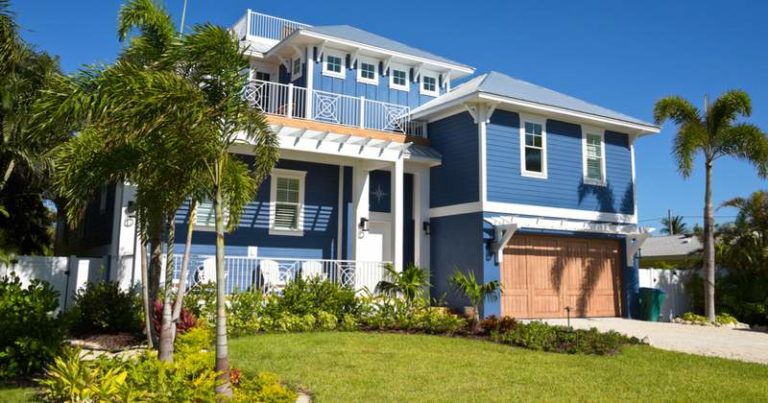
Renting out your property, whether it’s part of the home you live in or a separate space altogether, can be a great way to generate income.
That is, as long as it’s properly insured.
If you’re acting as a landlord for a short- or long-term rental, you’re most likely going to require more coverage than a regular homeowners policy provides.
See which policy type is right for your situation and find out how to adequately protect against risk:
What does landlord insurance cover?
Landlord insurance is similar to a traditional homeowners policy, but the latter only applies to owner-occupied residences. Landlord insurance expands coverage when the home is being used for commercial or business purposes.
It covers the structure of your home from certain kinds of damage and protects you from liability claims. Landlord insurance also sometimes goes a step further, providing income protection should your property ever become temporarily uninhabitable.
Is there only one type of rental property policy?
Typically there are a few different categories of rental dwelling policies that offer varying degrees of coverage.
Less expensive coverage tends to be less comprehensive, but will probably protect against things like vandalism and some theft. You may instead opt for coverage that includes elemental damage from fire and some weather events as well as other perils that aren’t explicitly excluded.
How much does a landlord insurance policy cost?
Since there’s more risk associated with covering a rental property, this option typically costs 10 to 25 percent more than a regular homeowners policy.
Whichever coverage you choose, remember that your policy won’t cover a renter’s belongings. For that they’ll need to purchase their own renter’s insurance policy.
Need some clarification? Reach out today.